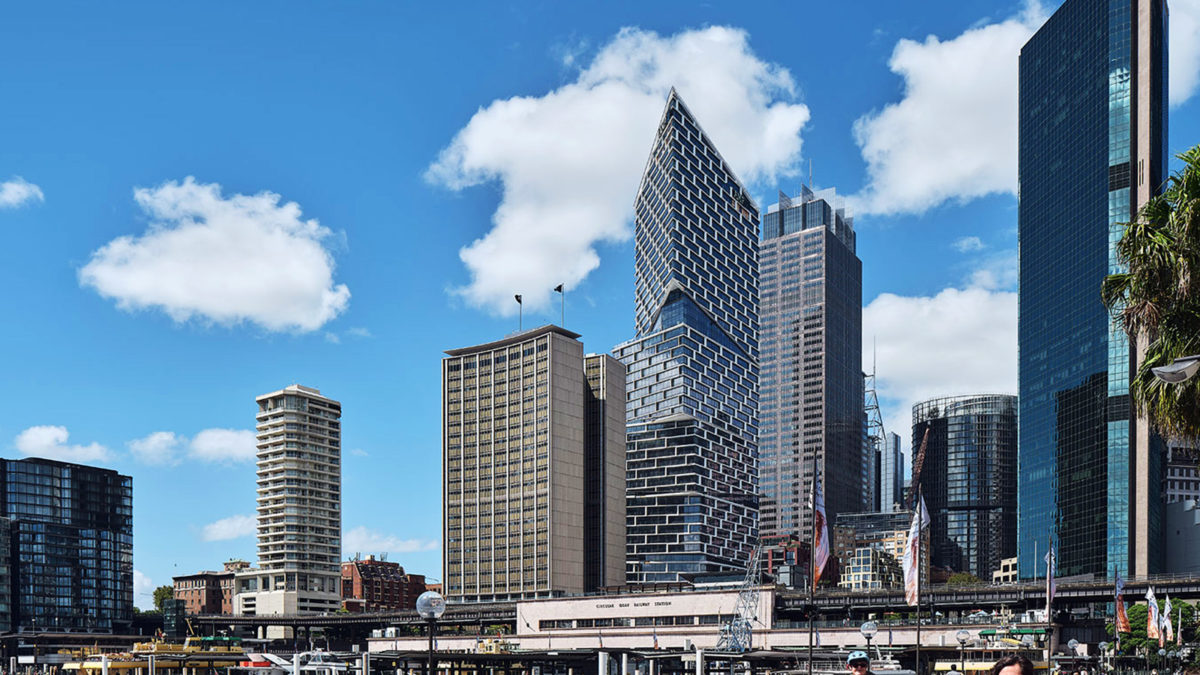Rest hops into AMP’s new digs
Rest has taken a one-third stake in AMP Capital’s redevelopment of the AMP Tower – now badged Quay Quarter Tower – at 50 Bridge Street in Sydney. Around 95 per cent of the office space is currently leased, and AMP staff have already moved into their new headquarters from 33 Alfred Street, which is in the process of getting a facelift of its own.
“With the acquisition of the stake in Quay Quarter Tower, around 1.8 million Rest members now have an interest in a state-of-the-art, premium-grade skyscraper overlooking Sydney Harbour,” said Simon Esposito, Rest deputy chief investment officer.
“This landmark property is expected to generate strong long-term net returns for our members. With nearly all the office space leased under long-term arrangements, it offers a secure income stream.
The investment comes at a time when super and sovereign wealth funds are increasingly turning to private assets to scrounge the returns they’d ordinarily find in the liquid public markets. Rest has around $6 billion of its $68 billion FUM invested in domestic and international unlisted property, and its default Core Strategy option has a benchmark property allocation of 11 per cent.
“In the past six months we have experienced significant levels of inflation not seen for some time, as well as volatile share markets,” Esposito said. “Investments in property assets like these can provide important stability and resilience to an investment portfolio, especially in periods where share markets are volatile and fixed income returns are weaker.”
“Property assets can typically generate income that tracks inflation, such as ongoing lease payments, to help offset the impact of volatility and broader inflation.”
The remaining interests in the building are owned by AMP Capital’s Wholesale Office Fund and the Dexus Wholesale Property Fund. The investment is another opportunity for Rest to tout its sustainable bona fides – brought into question by legal action from member Mark McVeigh, who accused the fund of not doing enough to protect his retirement savings from climate change – with the fund noting that the property comes with a 5.5 Star NABERS Energy Rating and a 6 Star Green Star Design & As Built rating from the Green Building Council of Australia.
“By upcycling much of the original structure and reusing materials, more than 8,000 tonnes of embodied carbon were saved during construction. That’s the equivalent of 35,000 airline flights from Sydney to Melbourne,” said Leilani Weier, Rest head of responsible investment and sustainability.
“As part of our roadmap to achieving a net zero carbon footprint for the fund by 2050, Rest is aiming to have our directly owned property assets achieve net zero carbon emissions in operation by 2030 in accordance with the WorldGBC’s Net Zero Carbon Buildings Commitment.”
The new investment comes on top of news earlier this week that Rest had mandated Calvert Research and Management to apply a carbon reduction tilt across its Australian equities portfolio.











